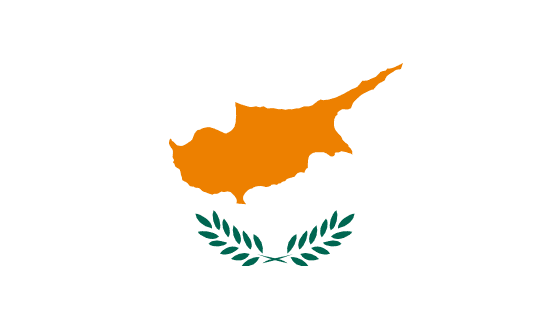"Πάντα Έτοιμη | Always Ready"
About:
Nicosia, the capital of Cyprus, has a rich history dating back to the Bronze Age. It became a city-kingdom known as Ledra during ancient times, later renamed Lefkosia. It was the seat of the Lusignan kings in the Middle Ages, then fell under Ottoman rule in 1571. British administration began in 1878 until Cyprus' independence in 1960, with Nicosia as its capital. The city was divided in 1974 due to the Turkish invasion, creating a Greek Cypriot south and Turkish Cypriot north, a division still present today.
When to visit:
Nicosia, the capital city of Cyprus, experiences a Mediterranean climate with hot, dry summers and mild, wet winters. The ideal time to visit Nicosia would be during the spring months of April and May, or in the autumn months of September and October, when the weather is pleasantly warm and the city is less crowded with tourists. During these periods, you can explore the city's historical sites, enjoy outdoor activities, and indulge in the local cuisine without the sweltering heat of summer. Overall, visiting Nicosia during the shoulder seasons provides a perfect balance of favorable weather conditions and a more relaxed atmosphere for a memorable holiday experience.
When to avoid:
Traveling to Nicosia, Cyprus during the summer months of July and August may not be ideal for holidaymakers seeking a comfortable climate due to the scorching heat. Temperatures can soar well above 40 degrees Celsius, making outdoor activities challenging and uncomfortable. Additionally, the city experiences increased tourist crowds during this time, leading to congestion at popular attractions and higher prices for accommodations. To avoid these drawbacks, it is advisable to plan a visit during the shoulder seasons of spring (April to June) or autumn (September to November) when the weather is milder, and the city is less crowded.
Winter (Dec-Feb)
In Nicosia, Cyprus, the coldest and wettest period is from December to February. Average temperatures range from 6°C to 16°C. Rainfall peaks in December, with an average of 80mm. The city experiences fewer sunlit hours, averaging about 5-6 hours per day. Cloud cover is significantly higher, often resulting in overcast days. Visitors can expect frequent showers, cooler temperatures, and less sunshine. An average day might involve exploring the city's indoor attractions or enjoying a warm Cypriot coffee in a cozy café.
Summer (June - September)
The warmest part of the year in Nicosia, Cyprus, is from June to August, with July being the hottest month. During this period, average high temperatures range from 33°C (91°F) to 37°C (99°F). Nighttime temperatures typically drop to around 20°C (68°F).
Rainfall is almost non-existent in the summer months, with July and August often recording no rainfall at all. The city experiences an average of 11-12 hours of sunlight per day, providing plenty of opportunities for outdoor activities.
Humidity during this period is generally low, ranging from 40% to 60%, which makes the heat more bearable. However, it can occasionally spike, especially in August, making the weather feel hotter than it is.
Cloudiness is also minimal during the summer months. The sky is usually clear or mostly clear, with only a few clouds appearing from time to time.
A typical day for a visitor during this period would be hot and sunny. The mornings start warm and temperatures rise quickly, reaching their peak in the afternoon. Evenings are warm and pleasant, perfect for enjoying outdoor dining or a leisurely walk. Despite the intense heat during the day, the low humidity and minimal cloud cover mean the heat is not oppressive, but it's still advisable to stay hydrated and wear sun protection.
Language:
In Nicosia, the capital city of Cyprus, the most commonly spoken language is Greek. This is due to the city's location in the predominantly Greek-speaking southern part of the island. Turkish is also spoken, particularly in the northern part of the city, which is under Turkish control. English is widely understood and spoken as well, as a result of the British colonial influence and the city's status as a hub for international business.




